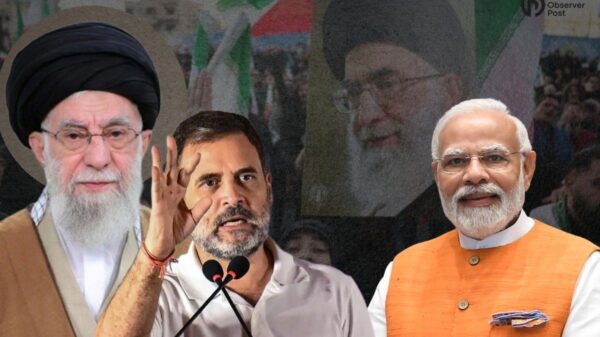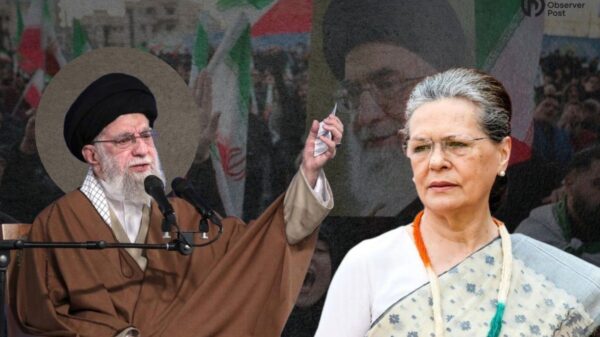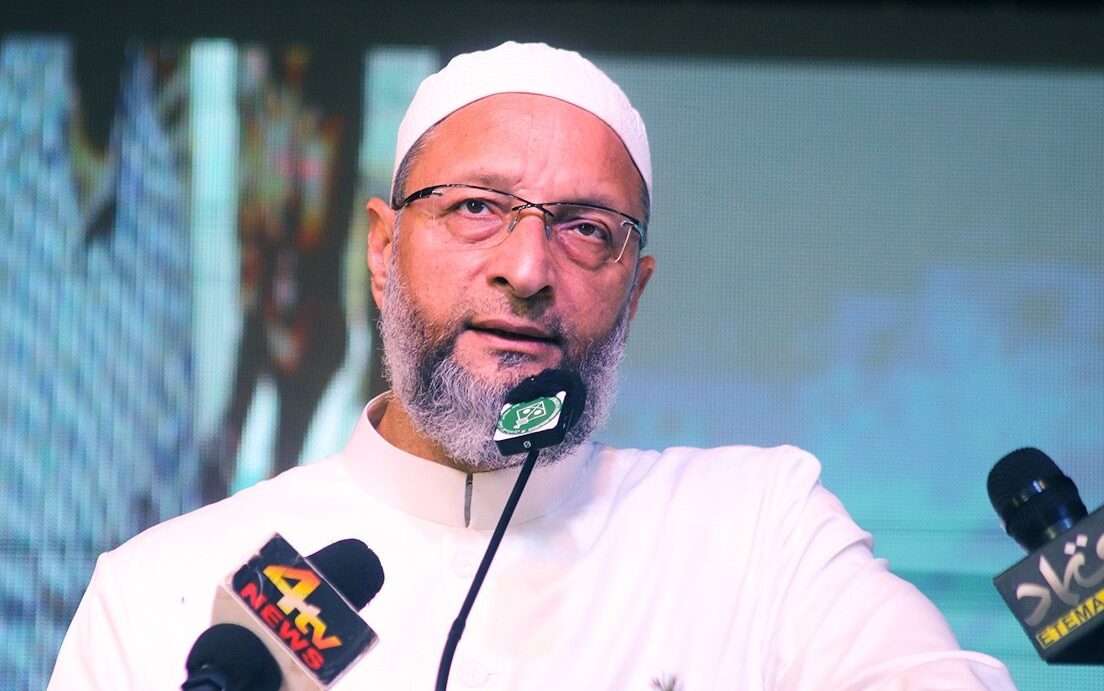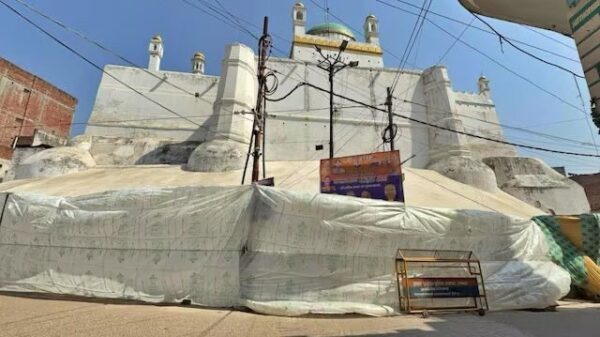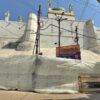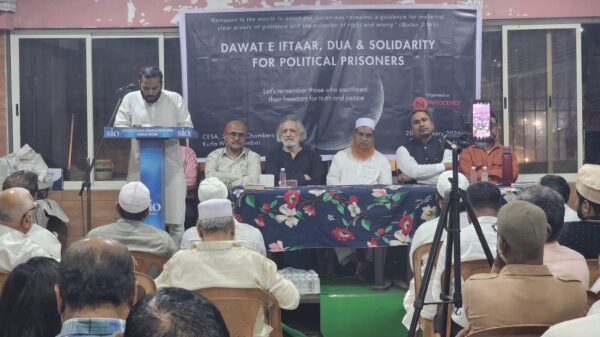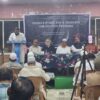Hyderabad MP and AIMIM Chief, Asaduddin Owaisi, raised concerns in the Lok Sabha on Wednesday, alleging that the recently proposed criminal bills pose a significant threat to the civil liberties and rights of the people.
In a heated debate on the three newly introduced bills — Bharatiya Nyaya (Second) Sanhita (BNS), Bharatiya Nagarik Suraksha (Second) Sanhita (BNSS), and Bharatiya Sakshya (Second) Bill (BSB) — Owaisi expressed his apprehensions, stating that these legislations if enacted, would snatch away the rights of common citizens.
The bills, presented by Union Home Minister Amit Shah, aim to replace key legal frameworks: the Indian Penal Code, 1860, the Code of Criminal Procedure Act, 1898, and the Indian Evidence Act, 1872.
Owaisi, also the president of the All India Majlis-e-Ittehadul Muslimeen (AIMIM), highlighted what he perceived as dangerous provisions in the BNS bill, arguing that it grants sweeping powers to the police, effectively allowing them to act as “judge, jury, and executor.”
He said that the introduction of a revamped sedition offence with an increased punishment from three to seven years. Additionally, Owaisi called for gender-neutral language in defining the offence of rape.
According to Owaisi, the proposed laws could disproportionately affect Muslims, Dalits, and Adivasis. He claimed that a large percentage of prisoners in the country, particularly in Uttar Pradesh, belong to the Muslim community.
While participating in the debate, BJP member Nishikant Dubey commended Prime Minister Narendra Modi and Union Home Minister Amit Shah for their initiative in amending the country’s criminal laws after 163 years. Dubey said that the bills would positively impact all 130 crore people in the country.
Dubey accused the opposition, particularly the Congress and its allies, of attempting to obstruct the bills in Parliament. He criticized the opposition for allegedly trying to divide the nation along regional and linguistic lines.
“Their opposition to the bills is wrong,” Dubey stated, emphasizing that the proposed legislations are designed to uphold Indian ethos and values.
In his closing remarks, Dubey defended the inclusion of capital punishment, asserting that such laws serve as a deterrent to prevent individuals from engaging in criminal activities. He concluded by reiterating that the bills were crafted with a focus on preserving Indian identity and values.






